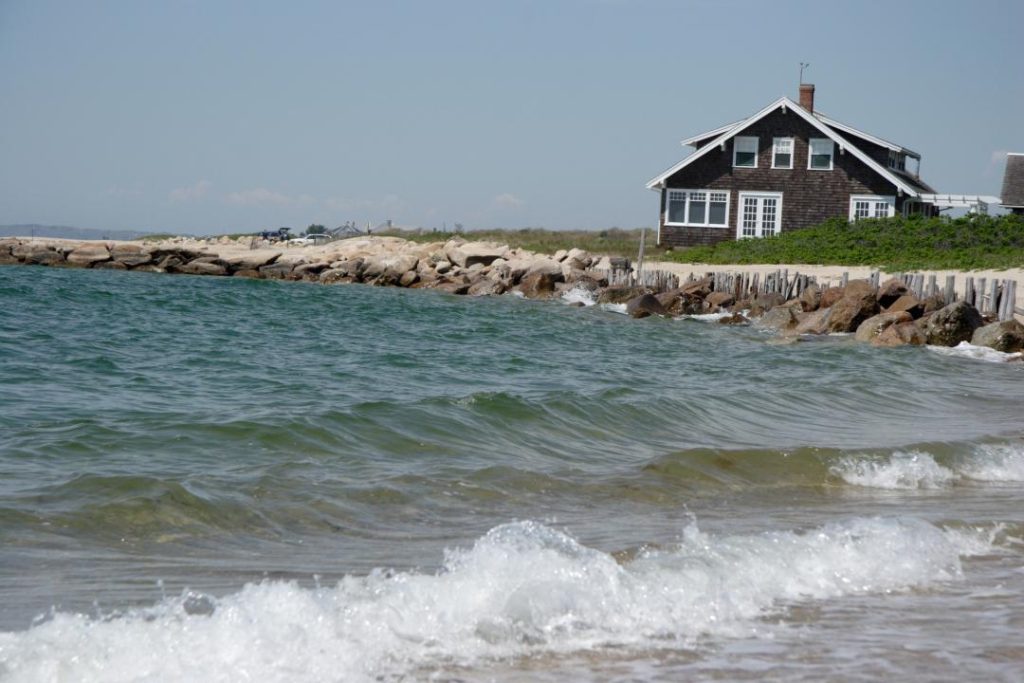
People Residing Near Ocean Tend to Live Longer: Study
A recent study by Ohio State University has made a fascinating discovery, revealing that individuals who reside near the ocean tend to have longer lifespans compared to those living in cities near large inland water bodies. The researchers analyzed American population data and found that living within 30 miles of the ocean adds about a year to the national average life expectancy of 78.4 years. This groundbreaking finding has significant implications for our understanding of the impact of environment on human health and longevity.
The study, which was conducted by a team of researchers from the university’s College of Public Health, analyzed data from the American Community Survey, a national sampling of the US population. The researchers used this data to identify the average life expectancy of individuals living in different areas, including those near the coast, inland water bodies, and inland areas with no access to water.
The results of the study were striking. The researchers found that individuals living within 30 miles of the ocean tended to have longer lifespans, with an average life expectancy of around 79.4 years. In contrast, those living in areas near large inland water bodies, such as lakes and rivers, had a lower average life expectancy, around 76.4 years. Moreover, individuals living in inland areas with no access to water had the shortest average life expectancy, at around 75.4 years.
The researchers attributed the longer lifespan of individuals living near the ocean to several factors. One key factor was the presence of coastal cities, which tend to have better healthcare systems and more access to healthcare services. Additionally, the proximity to the ocean may provide individuals with more opportunities for outdoor recreation and physical activity, which are known to be beneficial for overall health and longevity.
Another factor that may contribute to the longer lifespan of individuals living near the ocean is the sense of community and social support that often accompanies coastal living. Research has consistently shown that social connections and a sense of community are crucial for overall well-being and longevity. The coastal environment, with its picturesque views and relaxed pace of life, may foster a sense of community and social connection that is not typically found in inland areas.
The study’s findings also have implications for urban planning and public health policy. The researchers suggest that policymakers and urban planners may want to consider the location of new developments and infrastructure projects in relation to the proximity to water bodies. By incorporating water features into urban design, cities may be able to create more livable and healthy environments that promote longer lifespans.
In addition, the study’s findings could inform the development of healthcare programs and services. For example, healthcare providers may want to consider targeting coastal communities for health promotion and disease prevention initiatives, given their longer life expectancy and better health outcomes.
The study’s authors also noted that the findings may have implications for our understanding of the relationship between environment and health. While the exact mechanisms by which living near the ocean affects lifespan are not yet fully understood, the study suggests that there may be a link between the natural environment and human health. This is an area that warrants further research, as it could have significant implications for our understanding of the determinants of health and longevity.
In conclusion, the study by Ohio State University provides compelling evidence that people residing near the ocean tend to live longer than those living in cities near inland water bodies. The researchers’ findings highlight the importance of environment and community in shaping our health and longevity, and suggest that policymakers and urban planners may want to consider these factors in their decision-making. As we continue to develop and grow as a society, it is essential that we prioritize the creation of healthy and livable environments that promote longer lifespans and better health outcomes for all.
Source:
https://cph.osu.edu/news/could-living-near-water-mean-youll-live-longer






